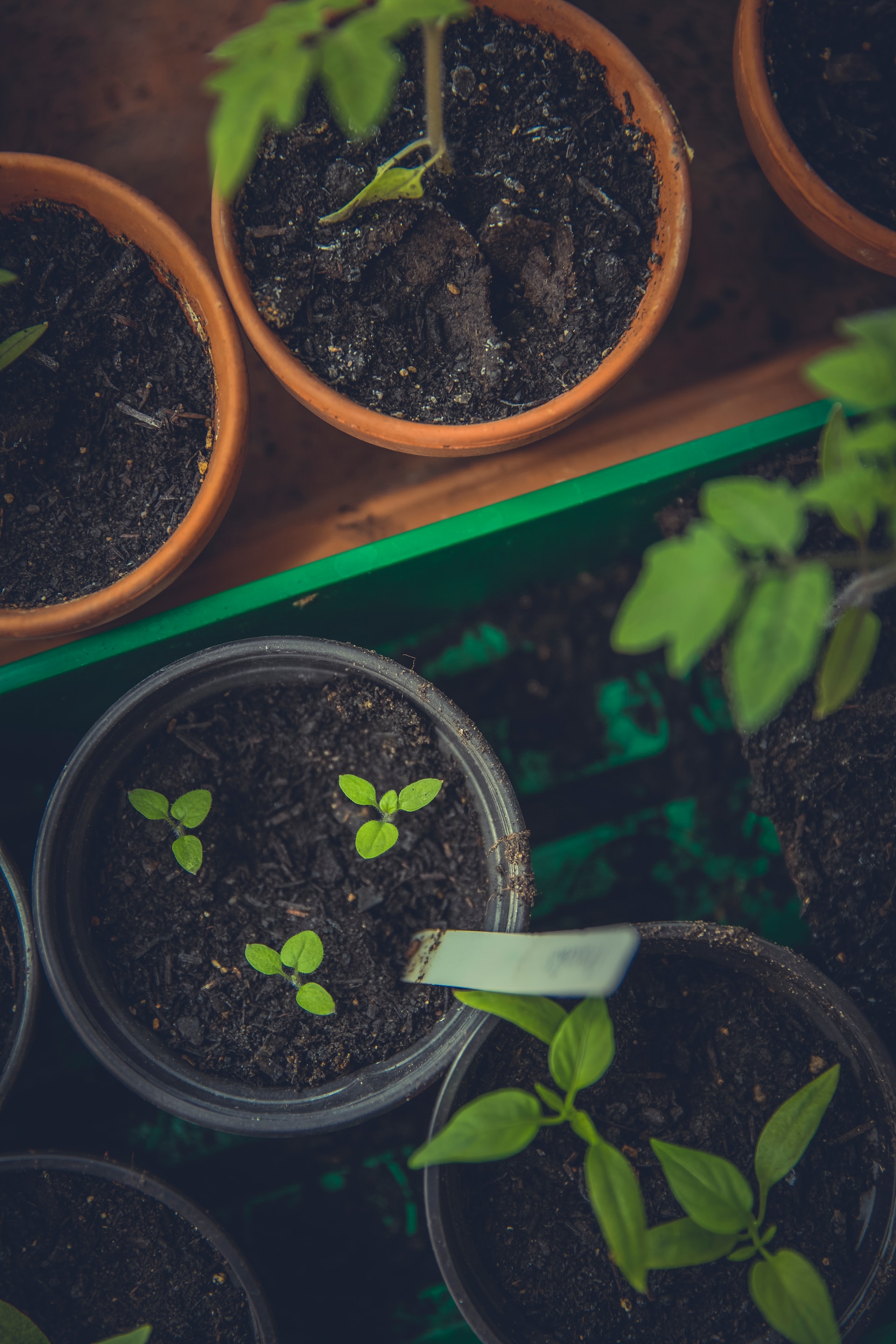Gardening, particularly in greenhouses, is gaining popularity and rightly so. Its not just a peaceful hobby but also a sustainable practice, saving you from supermarket trips and serving up the freshest veggies imaginable. Small greenhouses are perfect platforms for productive vegetable gardening, a win-win solution for space issues, and unpredictable weather conditions. Growing your favorite vegetables in a greenhouse can be a deeply rewarding experience, particularly when you optimize your plot to yield a bounty of nourishing produce. Here are the seven most productive vegetables ideal for your small greenhouse.
Tomatoes
There’s something special about homegrown tomatoes. They are rich in taste, ranging from subtly sweet to tangily acidic. With so many varieties, you’re spoiled for choice. Additionally, tomatoes thrive in a protected environment, making your small greenhouse a perfect spot for them. A winter greenhouse even enhances the taste. Greenhouses protect the tomatoes from cold snaps, increasing their yield. As per savvygardening.com, the controlled conditions of a winter greenhouse ensure your tomatoes stay healthy and productive even during the colder seasons.
Cucumbers
Known for their rapid growth and impressive productivity, cucumbers make a great addition to a small greenhouse garden. With proper care and attention, you could be enjoying fresh cucumbers within a few weeks of planting. Especially in a greenhouse, they take up little space vertically, allowing more room for other vegetables. As underlined by Forbes, proper positioning in the greenhouse can result in an impressive harvest. By encouraging it to climb up a trellis, it leaves space for other veggies, supplementing your horticultural efforts remarkably.
Bell Peppers
Rich in nutrients, bell peppers are not just a colorful addition to your garden but also an incredibly healthy choice. These radiant veggie gems appreciate the controlled environment of a small greenhouse, leading to a more prolific yield. Moreover, if you time it right, you could even get a second growing season of bell peppers, doubling your produce through the year.
Lettuce
Lettuce is an incredibly smart choice for small greenhouses. Known for its resilience, it can weather changes in temperature making it perfect for year round harvest. Furthermore, lettuces grow up swiftly, and because they’re consumable at almost any stage, you can sustain a continual harvest throughout the year. With lettuce, you’ll always have the base for a simple, fresh, homegrown salad.
Spinach
The faster a vegetable grows, the more productive it becomes. Spinach ticks this box perfectly. Beyond its rich nutritional profile, one of the main advantages of spinach is its quick maturity time. This fast yield cycle lets you generate multiple harvests in a short period. Moreover, in a small greenhouse, picking leaves individually can stimulate the plant to produce even more.
Zucchini
Zucchini is another high-yield vegetable that’s perfect for small greenhouses. The plant does not require a lot of space, as they can be trained upwards, and it’s relatively easy to grow. Known for their prolific nature, zucchinis can deliver handsome returns on your green-thumbed investment. Making sure they get enough sunlight and providing solid support for their stalks can result in a satisfactory harvest of this all-around versatile vegetable.
Strawberries
Everyone loves tasty, juicy strawberries and when they’re grown in a greenhouse, the sweetness is out of this world. Being perennial, they can produce an abundance of fruit year after year. Whether on the ground or in hanging baskets, strawberries are surprisingly efficient space-users. For the most effective growth in greenhouses, visit new-terra-natural-food.com for many handy tips, ensuring these delightful berries pop out in droves in your small greenhouse.
To sum it up, nothing coaxes a green thumb out of hibernation better than the promise of homegrown, natural produce. Experience the joy of reaping what you sow in more ways than one, and unlock the vast productive potential of your tiny greenhouse. Youll taste the differenceand so will Mother Nature.

